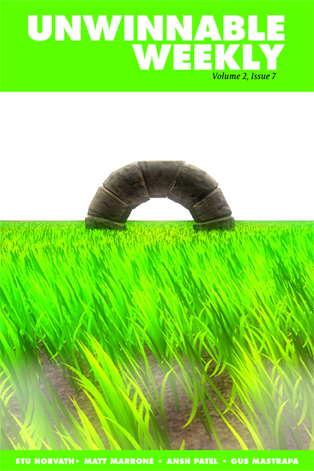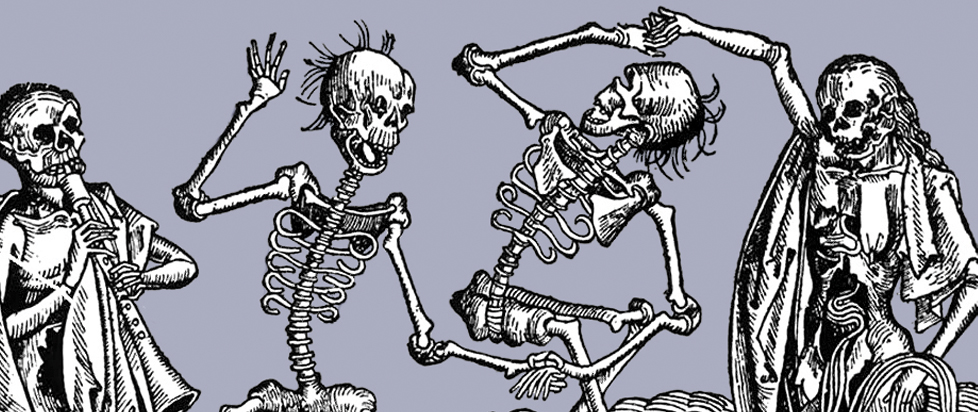
An Open Field
North
“People aren’t supposed to look back”
– Kurt Vonnegut in Slaughterhouse-Five
———
I’m walking past this monument, slowly and quietly embracing them into my mind.
This is who I am now.
I’m walking past this monument again.
Am I someone else now?
Cracks in the stone, rust on the iron pillar.
———
Our memories don’t simply fade with time so much as change in meaning. The gaps that open up with time are subconsciously filled in by who we were back then. It’s like we’re reconstructing our own past, taking pieces of our own history and rearranging them in a way we only contextualize later. As we constantly shift and morph into different versions of ourselves, it’s not just how we frame and see the world that changes, but how we respond to our own memories.
What complicates this further are the enduring reminders of our past. Dairy notes, photographs, videotapes, old social media, these relics exist outside our own unreliable memories. Like snapshots of a seemingly distant life, we interact with them from our new context, hoping to find some comfort in the remains of our past.
———
I am trapped in this infinite cycle of death and rebirth,
Grasping at strands of life in between,
I see many versions of myself – in worlds old and new,
Caged by this persistent curse,
Living an ending devoid of purpose
Like Tithonus, I search for a deep slumber
To rest on a bed of dried willow,
To be comforted by the warmth of finality,
Eternally hoping in vain,
That I will not be the only one left behind here in the end
———
Death is an inconsequential event in most games. Whether it’s your own death or the death of another character, it’s usually nothing that permanently alters the game. Even permadeath, for all its apparent permanence, lacks consequence because the player can always start again.
In life, death is final. In games, death is ephemeral.
The concept of save games contributes inconsequence to an event we otherwise look at with dread. Just like those enduring reminders of our past, a save file is a moment of a game captured in stasis. It is a  gateway for a player to infinitely revisit and relive that life from a specific point onwards. However, it is also a crucial mechanism that allows the player to learn from death. Each death is a ringing statement of what the player did wrong. Each continue or reloaded save is the game’s attempt at asking us “What would you do differently if you had another chance to live?”
gateway for a player to infinitely revisit and relive that life from a specific point onwards. However, it is also a crucial mechanism that allows the player to learn from death. Each death is a ringing statement of what the player did wrong. Each continue or reloaded save is the game’s attempt at asking us “What would you do differently if you had another chance to live?”
When you think about it, isn’t that what our memories are all about?
When you look back wistfully at those warm, rose-tinted memories of your past, an embarrassing moment or avoidable mistake is always around the corner. From your far removed position in the present, you see someone who may have made mistakes that seem incredibly foolish and naive in retrospect.
Then you think about those mistakes and how you made them in the first place.
The question which walks silently between those realizations, passing by without notice is “Why didn’t you make those mistakes again?” As a kid, why did I never laugh when someone was crying again? Why did I stop throwing things at someone when I was angry at them? Why did I stop making those mistakes?
Was it because I was implicitly made to obey the rules of the world by society? Or was it that I didn’t want to see the angry and disappointed eyes of people I loved and looked up to?
Or perhaps it was it because I failed to understand a rule of the world, died as a result of it, then became smarter and wiser because I knew what would happen if I made those mistakes again.
Could I have fallen in a lava pit or bottomless abyss and learnt to avoid them again? Could I have been the victim of an aggressive club-wielding orc and learnt to not repeat the same behavior again? Or could I have chosen the wrong dialogue option in a crucial conversation with the village chief, disliked the consequences of that action and chosen to revisit the game by reloading the…
———
Awake again,
Walking again,
Alive again,
Dying again.
———
I chose the right dialogue option. I think I’m a bit wiser now, even if it’s just one more drop in an imaginary ocean.
We may be looking ahead.
We may be looking down, at our feet, at where we stand.
We are always looking back.
We are looking ahead and back. At the same time.
———
Download and play the virtual companion to “An Open Field.”
You’ve been reading an excerpt from Unwinnable Monthly Issue 59.
To read the article in its entirety, please purchase the issue from the shop or sign up for a subscription to Unwinnable Monthly!





